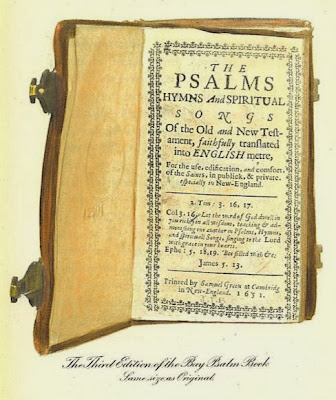When I started this blog I gave it the name "Both Saint and Cynic" mostly as a pun. Martin Luther described the Christian as simul iustus et peccator. That Latin motto translates roughly into English as "at the same time saint and sinner." Wesley's idea of Christian perfectibility was centuries in the future but Luther wouldn't agree with it anyway. Saint and sinner were not, in Luther's mind, mutually exclusive categories. Luther was big on both/and.
Anyway, I'm not really a cynic though I admit that I have my moments.
A couple of weeks ago I won a free copy of the CEB (Common English Bible) Study Bible with the Apocrypha. You could win one, too. They're giving one away every Friday for a while. All you have to do is "like" the Live the Bible page on Facebook. Then, on Friday, reply to the question that they post. If they choose your reply, bingo! You get a Study Bible just like I did. Whether it includes the Apocrypha is your choice.
When the Common English Bible was first introduced in 2011 I took part in the CEB Blog Tour and was able to give away several paperback copies of the CEB. With a few small reservations, I like the CEB translation very much. And let's be honest, I have a few small reservations about any translation of the Bible. I even have reservations about my own translations of the New Testament from the Greek. The CEB is highly readable and clear.
I haven't spent a lot of time with the CEB Study Bible, but so far I like the articles and notes that I have read. They take serious scholarship into account and enhance understanding of the text.
Preparatory to blogging about Ecclesiastes (I bet you wondered when I was getting around to Ecclesiastes in this post) I read the introduction in the CEB Study Bible and found this:
Ecclesiastes can strike the reader as a dark book because the Teacher seems more like a cynic than a saint. But readers of the book shouldn't give up. The Teacher repeatedly interrupts the seriousness of his speech to advise us to enjoy what is given to us as much as we can, whenever we can....
Of course I immediately cried "false dichotomy!" The cat gave me funny look and jumped off my lap. Cynic and saint are no more mutually exclusive categories than sinner and saint. The difference is that, while a saint is necessarily also a sinner, a cynic can be a saint. The CEB Study Bible intro to Ecclesiastes comes around to that point:
Ecclesiastes authorizes an edgy spirituality that makes room for doubt or skepticism (within limits) about various matters. The book shows that skepticism and intelligence don't have to result in unbelief or be an excuse to opt out of a faithful life. The Teacher is both skeptical (Eccl. 3:21) and very wise (Eccl. 11:9-10), but throughout his reflections, he realizes that he must do his thinking with God. Ecclesiastes will repay close and repeated study, even though it isn't always easy, because the life of wisdom and the life of faith are often marked by difficulty and the pain of learning....
After I read that, I coaxed the cat back onto my lap and scratched his ears.
If I'm about anything it's the idea that people of faith don't have to shut their brains off. We do not have to deny the findings of science, the conclusions of reason, and the evidence of our own senses. We do not need to read our Scriptures uncritically or according to some fundamentalistic hermeneutic.
This is why I love the book of Ecclesiastes. It dares to raise difficult questions. Questions which sometimes it is sometimes unable to answer.
A little background to Ecclesiastes: The book consists of rambling observations about life by a narrator who calls himself, in Hebrew, Qohelet. Ecclesiastes is a Greek translation of the word Qohelet. In English the word is sometimes rendered as "teacher" or "preacher." I will be calling the narrator Qohelet and the book Ecclesiastes.
Qohelet drops hints that he may be Israel's king Solomon. Good critical scholarship concludes that the book was written in the 4th century BCE or later which would make Solomonic authorship impossible.
Ecclesiastes 3:1-8 is a poem that was adapted and set to music by Pete Seeger as "Turn, Turn, Turn." The song has been widely covered, most notably by the Byrds. And here, as a reward for reading this far is a video of Bruce Springsteen, the E Street Band, and Roger McGuinn of the Byrds performing "Turn, Turn, Turn."























